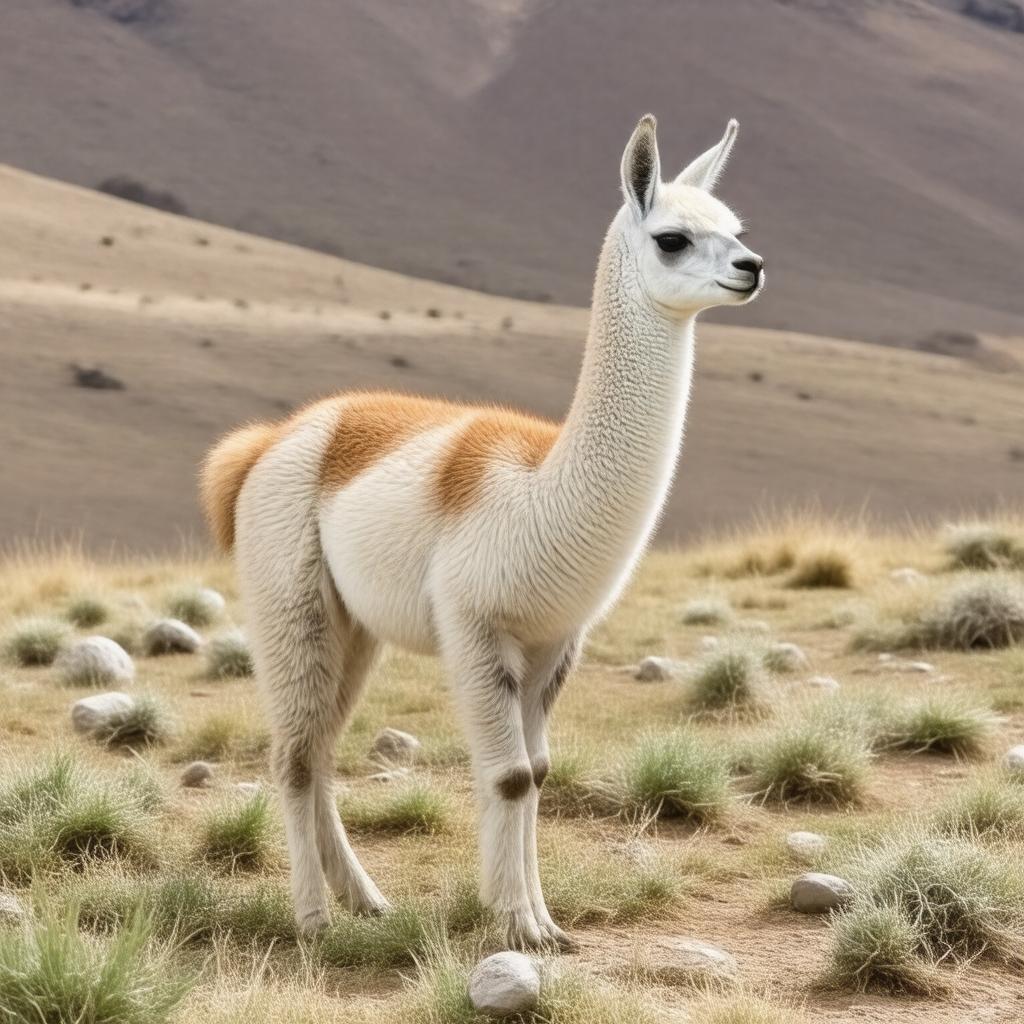
AI-created image
Statements (29)
| Predicate | Object |
|---|---|
| gptkbp:instanceOf |
gptkb:Animalia
|
| gptkbp:closelyRelatedTo |
guanaco
llama alpaca |
| gptkbp:conservationStatus |
Least Concern
|
| gptkbp:describedBy |
gptkb:Carl_Linnaeus
|
| gptkbp:describedYear |
1758
|
| gptkbp:diet |
gptkb:herbivore
|
| gptkbp:family |
gptkb:Camelidae
|
| gptkbp:foundIn |
gptkb:Argentina
gptkb:Bolivia gptkb:Chile gptkb:Peru |
| gptkbp:furColor |
fine wool
|
| gptkbp:genus |
gptkb:Vicugna
|
| gptkbp:habitat |
gptkb:Andes
|
| gptkbp:height |
80-90 cm at shoulder
|
| gptkbp:IUCNStatus |
22956
|
| gptkbp:lifespan |
15-20 years
|
| gptkbp:nativeTo |
gptkb:South_America
|
| gptkbp:order |
gptkb:Artiodactyla
|
| gptkbp:scientificName |
gptkb:Vicugna_vicugna
|
| gptkbp:taxonRank |
gptkb:species
|
| gptkbp:usedFor |
wool production
|
| gptkbp:weight |
35-65 kg
|
| gptkbp:bfsParent |
gptkb:Coquimbo_Region
gptkb:Peru |
| gptkbp:bfsLayer |
4
|
| http://www.w3.org/2000/01/rdf-schema#label |
Vicuña
|